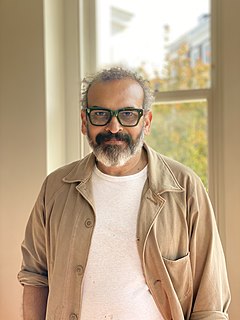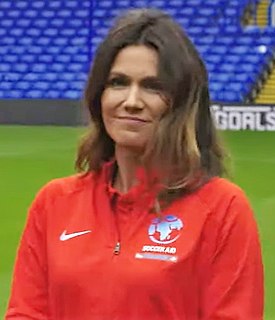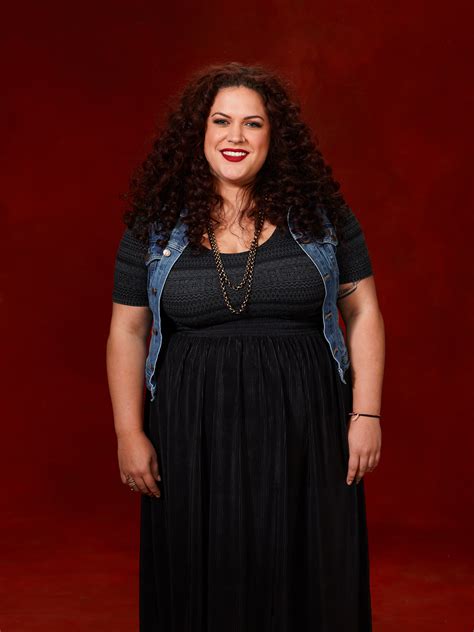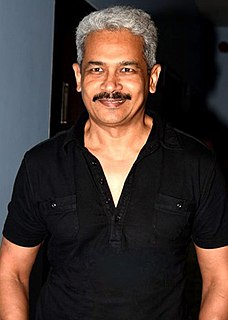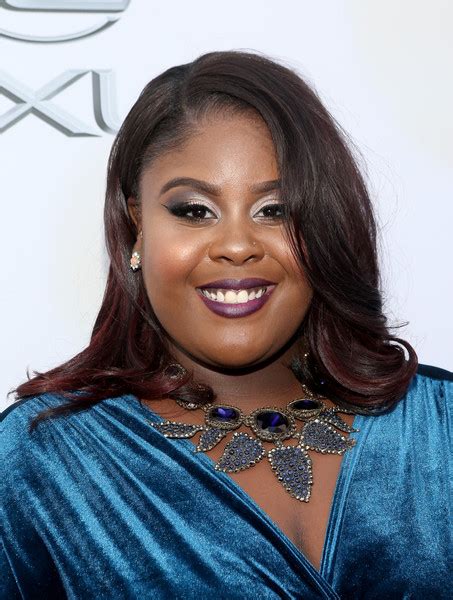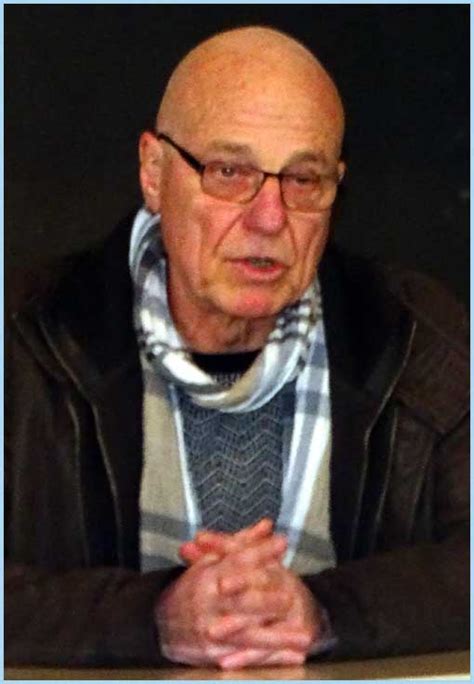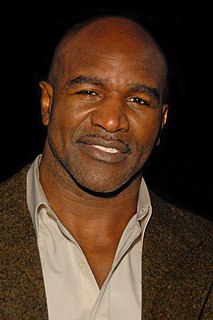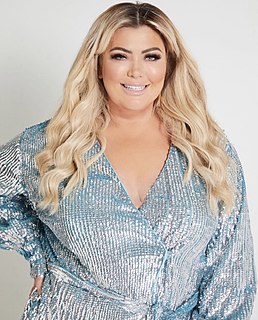A Quote by Harley Pasternak
I think the U.S. has ultrasensitivity about weight loss.
Quote Topics
Related Quotes
Not only weight loss surgery is unnecessary but also it deprives human being a normal life. People after surgery would never be able to enjoy their food ever for the rest of their life whether it is Christmas or they are on their holidays or their child birthday or any other festival. List of problems and complications after the weight loss surgery operation are endless as one may get additional problems such as Hernia, Internal Bleeding, Swelling of the skin around the wounds, etc. I wonder how many weight loss surgeons advice about weight loss surgery to their own family members.
The hardest thing was going through different stages of weight loss. At the beginning, it was easy to take off the weight with exercise and eating less but then you reach a point where 90 per cent of the weight loss is achieved purely through reducing your calorie intake. My goal was to lose four pounds per week. That worked well for the first few months but then things got tricky.
The answer to the mystery of existence is the love you shared sometimes so imperfectly, and when the loss wakes you to the deeper beauty of it, to the sanctity of it, you can't get off your knees for a long time, you're driven to your knees not by the weight of the loss but by gratitude for what preceded the loss.

